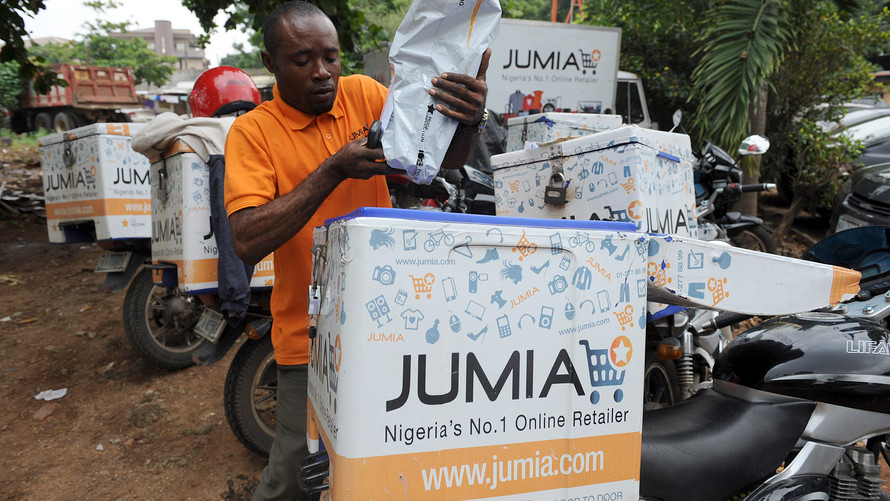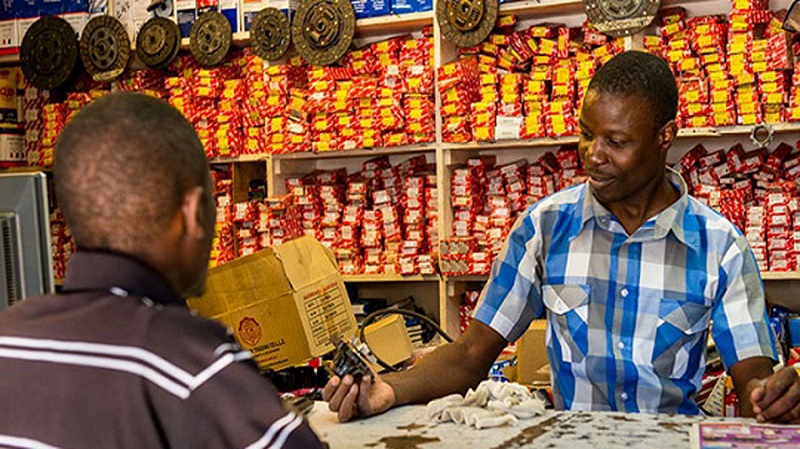Online shopping has become an increasingly popular way to purchase things. But delivery fees remain a concern for many customers.
In 2014, $4 trillion worth of merchandise was abandoned in shopping carts by customers, according to research by Business Insider Intelligence. A high number of shoppers disclosed that issues related to delivery ultimately forced them to abandon their orders. 58% of shoppers did so when they saw that the cost of shipping was higher than expected, the report showed.
On the African continent, Jumia has set out to address this problem.
In June 2019, the Africa-based ecommerce company launched Jumia Prime, a monthly subscription service that provides free product delivery for Jumia customers.
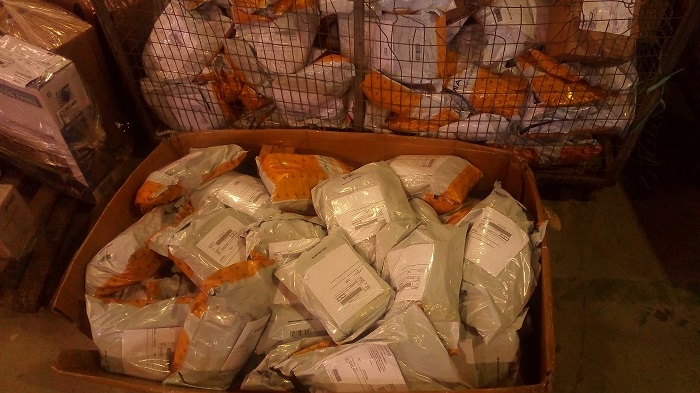
Launched as part of the company’s seventh anniversary celebration, Jumia Prime is designed to reduce delivery costs for frequent Jumia customers. It also aims to turn infrequent and first-time customers to repeat buyers.
“In Jumia, we say our primary mission is for our customers to save time and money,” Co-CEO of Jumia Egypt and Jumia’s Senior Vice President for Logistics Apoorva Kumar told TechCabal.
He said Jumia Prime “allows customers to place orders they want without paying any shipping fees. The idea is to improve the delivery experience for the customers and to save them money on shipping fees.”
Jumia Prime is still in the pilot phase, Kumar said. The service is only available in Nigeria and can be used for orders made to just two cities: Lagos and Abuja, with two subscription plans on offer. In Lagos, Jumia Prime is available for one and three-month subscriptions at a cost of N1,999 and N4,999 respectively. In Abuja, the service costs N2,499 and N6,499 for the same time period.
A third subscription level for six months in Lagos was recently added for N7,999.
Jumia Prime comes with a few caveats. The most important is that the service has a monthly cap for orders and no more than 50 orders can be made per month. Additionally, users can only use a maximum of three addresses as shipping addresses.
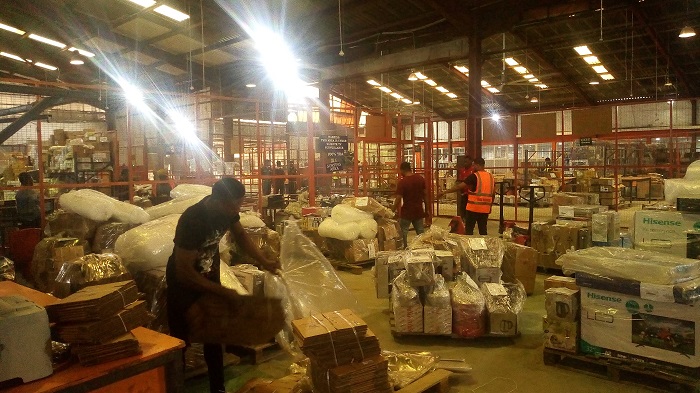
The new service is an important way Jumia aims to grow its number of customers in the 14 markets it operates in Africa. Despite heavy spending by Jumia and companies to grow the African e-commerce business, only less than 1% of retail sales were done online in 2018. Ramping up this number is a feat Jumia aims to accomplish, especially after it rode on the back of Africa’s e-commerce potentials to a billion dollar stock market listing.
Kumar said the pilot phase of Jumia Prime in Nigeria so far has been “very promising”.
“We are very encouraged to try it in other countries. It is in the roadmap,” he said.
Notably, the company is already quietly expanding the scope of Jumia Prime. The service originally started with two monthly subscription plans, but added the six months plan recently. The company is also expanding the service to more states in Nigeria.
Jumia Not Planning Further Africa Expansion
Kumar revealed to TechCabal that Jumia has no plans to expand beyond the countries it already operates, instead, it will pursue growth in two ways. First, It will expand its e-commerce deliveries to more remote regions of these countries. It will also roll out new services while expanding existing ones across different markets.
The company is already doing this with its Jumia Financial services. It offers discounts when customers buy items with Jumia Pay, its online payments solution. In addition, last year in Nigeria, the company unveiled the Jumia One app; a sort of super app that allows users to make financial transactions and access information from different sources.
Jumia’s Efficient Logistics Services Inspired Jumia Prime
The motivation for the service was buoyed by the efficiencies and structures Jumia developed for its logistics operations known as Jumia Services.
Using a combination of custom products and a network of external courier services, Jumia Services is able to deliver items to customers in different locations, even some remote locations efficiently.
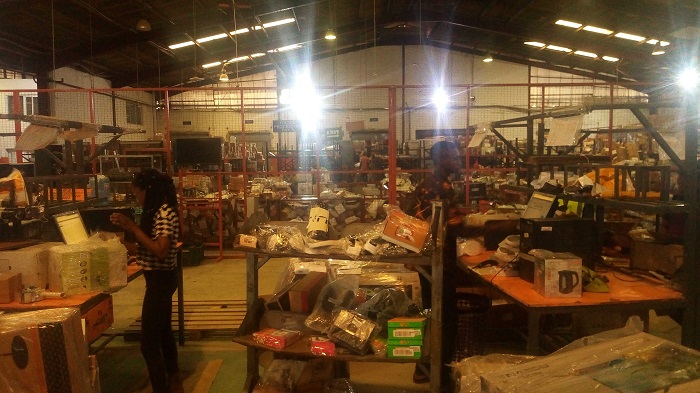
In Nigeria, for instance, Jumia has over 100 logistics partners located in different states of the country.
“They know the terrain better than me, they know the drivers better than we do,” said Kumar.
In addition, the company developed several in-house delivery innovations, such as automated phone calls and messages, delivery app for drivers and GPS coordinates of drivers.
All these innovations help to offset the physical infrastructure challenges that hamper the growth of the logistics business in Africa.
Jumia will definitely want to leverage these to aggregate more users in markets it operates in.









